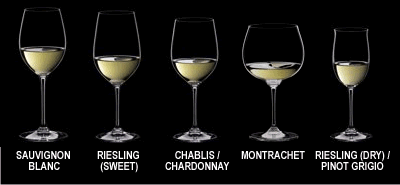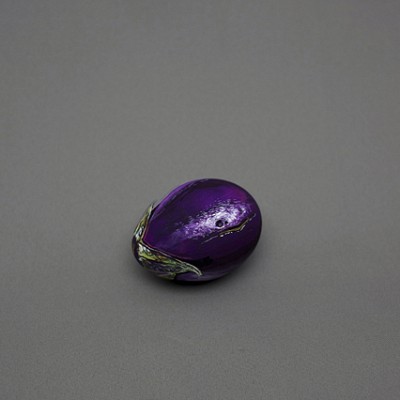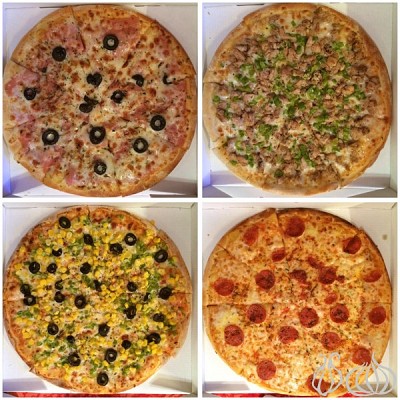I read this great article today on the Guardian, thought I should share. Its fascinating the things you learn daily... Can the shape of your glass really affect or enhance the taste of the wine your drinking... written by Filicity Claoke
"It doesn't seem long ago that merely owning wine glasses was enough to mark one out as a sophisticate of the highest order. Such affectations were for professional establishments like the local pub: at home we drank out of cloudy tumblers or plastic cups at parties. But while I was busy growing up and smashing my way through successive boxes of Ikea stemware, someone changed the rules: special glasses for drinking wine are not enough – now we're buying different glasses for different wines. It's as if someone's suggested I need a whole new set of cups to get the most out of my Earl Grey (do I?). Matching glassware to wine is nothing new – Raymond Postgate (creator of the Good Food Guide) published the wonderful 1951 Plain Man's Guide to Wine with illustrations of the five traditional glass shapes, designed for sherry, claret, port, champagne and hock. In it, he observes scornfully that "to wine drinkers, not one of them improves the wine in any way at all." He goes further, denouncing the sherry glass as "an innkeepers' trick, [for making] the quantity of wine look much more than it is" and the coloured hock glass as a simple disguise for poor quality, cloudy Victorian wine. Indeed, Postgate is definite "there is only one satisfactory type of wine glass, and it will serve for any kind of
wine. It is colourless, rather tulip-shaped, and the upper rim of the cup narrows." It looks like those in my cupboard: a large bowl on a narrow stem, tapering slightly towards the top. While Postgate was bemoaning fancy glassware, in Austria, a ninth-generation glassmaker called Claus Riedel was theorising glass shapes' effect on wine. The company launched a range of grape-specific glasses in 1961, claiming "wide, open glass shapes require us to sip by lowering the head, whereas a narrow rim forces the head to tilt backwards so that the liquid flows. This delivers and positions the beverage to different 'taste zones' of the palate." Such specific zones are now known to be an oversimplification of the way we taste and I'm unconvinced, but I've come to John Lewis foodhall to test their range of glasses. Wine expert Will Parker admits he shared my scepticism but thinks he can change my mind. Their customers don't seem to need much convincing: the range, which includes two white and three red wine glasses, has been flying off the shelves with a sales peak this month. Given prices start at £30 for four glasses, it's something of a surprise in this time of austerity; they credit the sales to people treating themselves at home instead of eating out. First up is the 380ml glass designed for "refreshing and aromatic" whites and rosés – riesling, sauvignon blancs and so on – which we test out with an English bacchus. The pronounced curve of the glass, with its dramatically tapered rim is, Parker tells me, intended to direct the wine to the centre of the tongue, rather than to the sides of the mouth, where the acidity receptors are located. I'm worried this will rob the bacchus of its characteristic zing, which, in an ordinary wine glass has me puckering up like a Hollywood starlet, but actually it simply delays my perception of the acidity, which means I appreciate the wine's other flavours as well.
Interesting, but nothing on the larger white glass. The effect on an Australian chardonnay is startling – out of the standard glass it's dull and heavy, reminiscent of a hundred underwhelming pub pours, but the design of the tailored glass spreads it evenly around my mouth, bringing out far more exciting flavours of pineapple, smoke, even minerality. Parker describes it as "a more complex experience in the mouth", and it's true – like the smallest red glass, which smooths the tannins of an own-label claret, or the space-age medium version, which points up the red fruit in a beaujolais, these really do seem to bring out the best in the wines they're designed to flatter. Obviously such glasses can't change the taste of a wine, but they can alter our perception of it. The Wine Advocate's Robert Parker has described the difference Riedel's glasses can make as "profound", while Victoria Moore says in her book, How to Drink that, after experimentation, she's been forced to admit that buying an expensive bottle of wine without decent glasses to drink it out of "would be like buying a state-of-the-art sound system and fitting it to cheap speakers." Not everyone's convinced however.
The Oxford Companion to Wine's Jancis Robinson and Hugh Johnson acknowledge the subtle differences made by glassware but maintain such things are strictly for "purists". This newspaper's Fiona Beckett agrees that it isn't something everyday drinkers should worry about "unless you're crazy about a certain type of wine (eg burgundy) and want it to show at its best." At home, she has "glasses of all shapes and sizes, picked up along the way." Even champagne flutes, the most mainstream of the specialist glasses, are of debated worth. Richard Geoffroy, Dom Pérignon's Chef de Cave swears by white wine glasses for serving his champagnes because flutes, while concentrating the fizz, can also stifle the aroma of older, more complex wines: "You taste the way you see," he says, "A narrow flute will narrow the taste, an ample wine glass will amplify the taste, a flat saucer will flatten the taste".
I'm pretty sure that the right glassware can't make a bad wine good, but it can make a good wine more enjoyable. Whatever you're drinking out of, though, the most important thing is ensuring it's clean both of dirt and detergent, relatively thin (the thick rims of the classic Paris goblet disrupts the flow of wine) and, ideally, tulip-shaped to concentrate the aromas. Traditional stemmed glasses may not be as trendy as Duralex tumblers, but they do keep the wine at a more constant temperature – if you can avoid knocking them over of course. Which is a talent I fondly hope to acquire with age."
Tags:
Austria Wine Food Red White Meat Glasses Taste Fancy Champagne The Guardian Drinking Good Claus Riedel Bacchus Burgandy Bordeaux Sauvignon Montrachet Riesling
Categories:
News










































